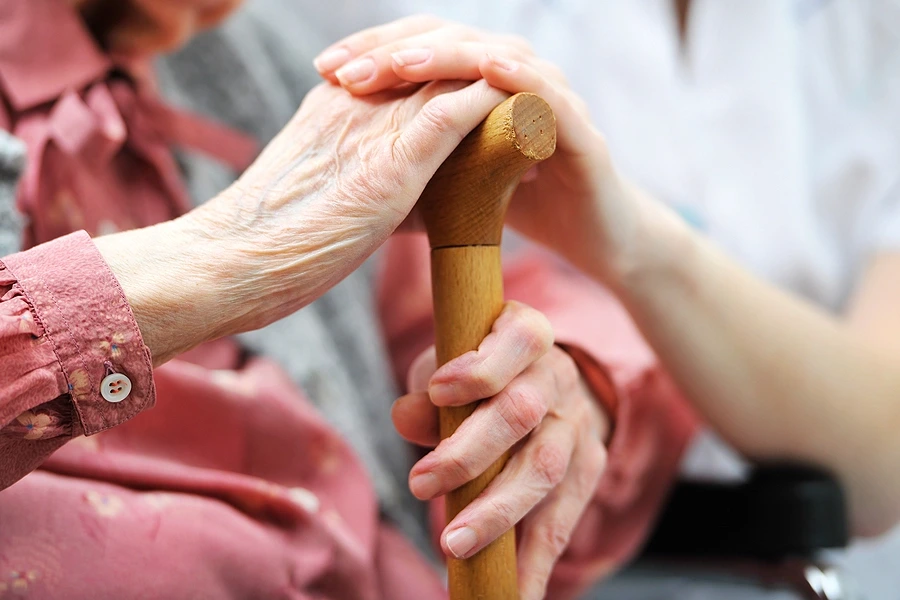Assisted Living Abuse: Recognizing the Signs and Seeking Justice in South Carolina

In the quiet corridors of assisted living facilities, where vulnerable individuals seek support and care in their golden years, an unsettling truth persists—the occurrence of abuse. South Carolina, with its burgeoning population of seniors, is not immune to this dark reality. This blog aims to shed light on the signs of assisted living abuse and guide families in seeking justice for their loved ones.
Understanding Assisted Living Abuse
Assisted living abuse can take various forms, including physical, emotional, financial, and neglectful mistreatment. It’s crucial to be aware of the signs to ensure the well-being of our elderly community members.
Physical Abuse
- Unexplained bruises, cuts, or fractures.
- Reports of aggressive behavior by caregivers.
- Reluctance to discuss injuries or injuries attributed to “accidents.”
Emotional Abuse
- Noticeable changes in behavior such as withdrawal, depression, or anxiety.
- Sudden fear or discomfort around specific staff members.
- Verbal threats, humiliation, or intimidation.
Financial Abuse
- Unexplained financial transactions or missing personal items.
- Sudden changes in the elder’s financial situation without clear explanation.
- Coercion or manipulation regarding financial matters.
Neglect
- Poor personal hygiene or living conditions.
- Untreated medical conditions or frequent illnesses.
- Inadequate nutrition and hydration.
Recognizing the Signs
Family members and friends play a pivotal role in recognizing signs of abuse. Regular communication with the elderly loved one and attentiveness to changes in behavior or physical appearance are crucial. Additionally, maintaining an open line of dialogue with the facility staff fosters an environment where concerns can be addressed promptly.
Seeking Justice in South Carolina
If you suspect that your loved one is a victim of assisted living abuse in South Carolina, taking immediate action is imperative.
Document Everything
- Keep a detailed record of any signs of abuse, including dates, times, and descriptions of incidents.
- Take photographs of injuries or concerning living conditions.
Contact Authorities
- Report the abuse to the South Carolina Department of Health and Environmental Control (DHEC).
- In emergency situations, contact local law enforcement.
Seek Legal Assistance
- Consult with an experienced elder abuse attorney to explore legal options.
- Preserve any evidence that may support a legal case.
Visit Other Facilities
- Consider relocating your loved one to a different assisted living facility.
- Research and visit potential alternatives with a focus on safety and quality of care.
Conclusion
The vulnerability of our elderly population demands vigilance and advocacy. By understanding the signs of assisted living abuse and taking swift action in South Carolina, we can work towards ensuring that our loved ones live out their later years in an environment that values and respects their well-being. Together, we can unveil the shadows and seek justice for those who deserve a safe and dignified aging experience.

